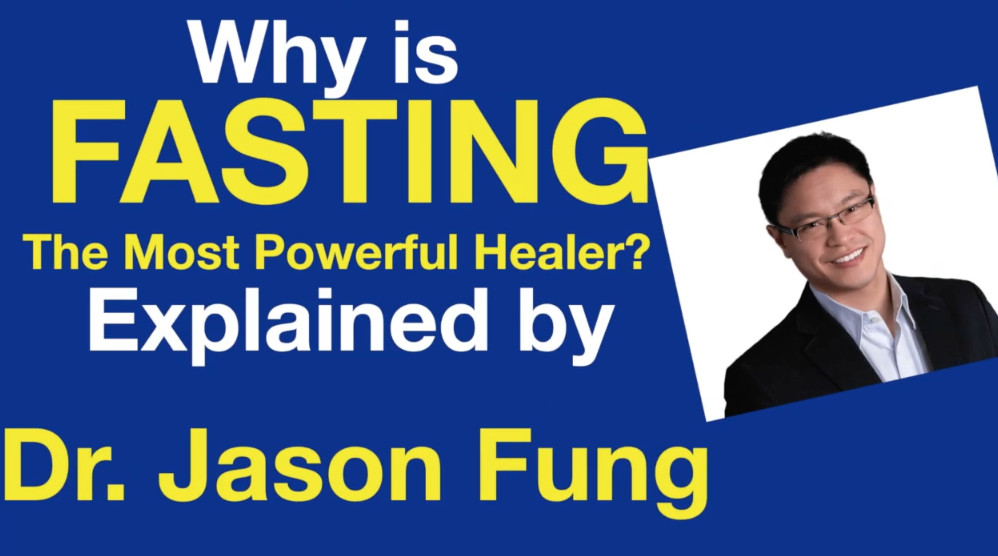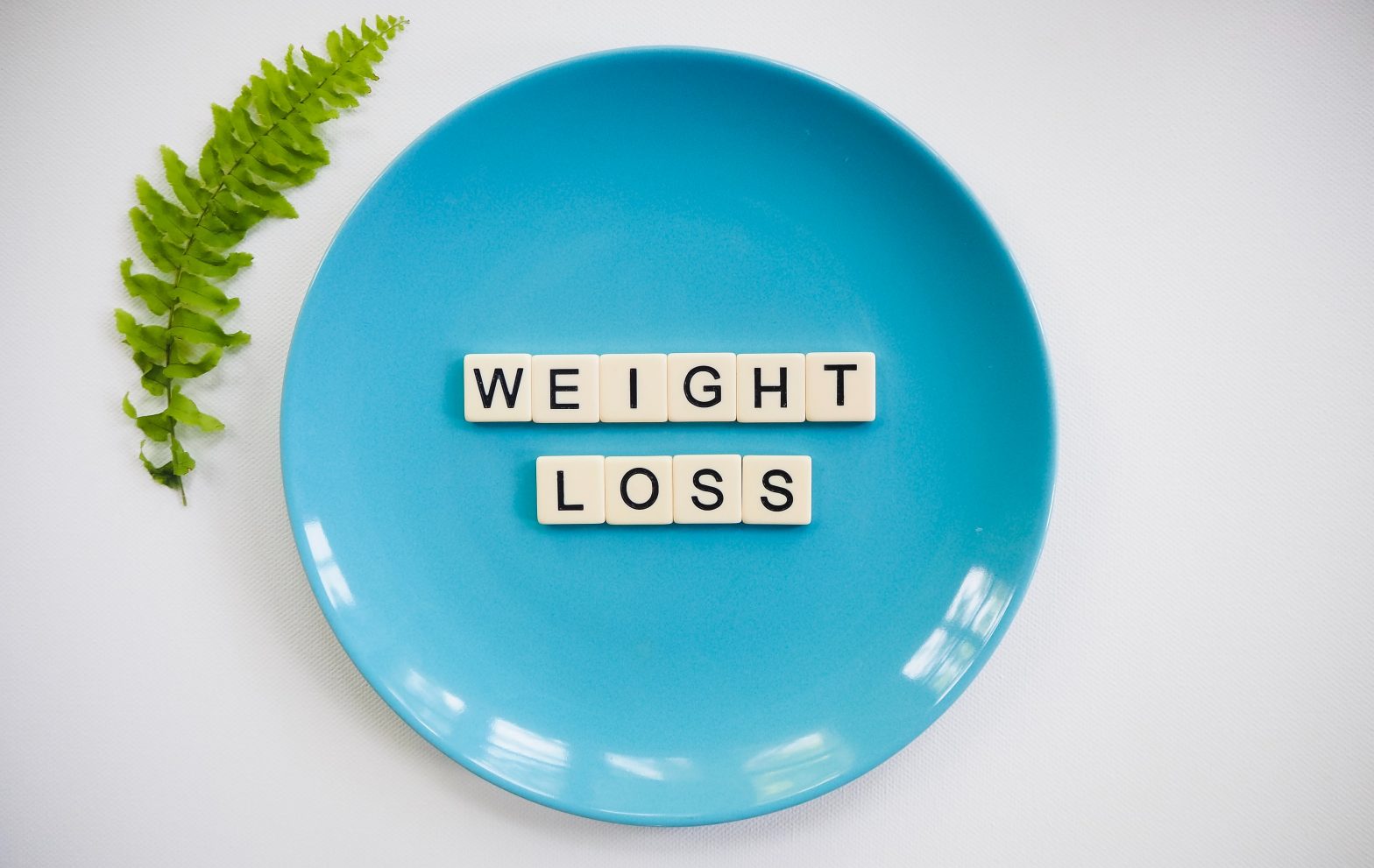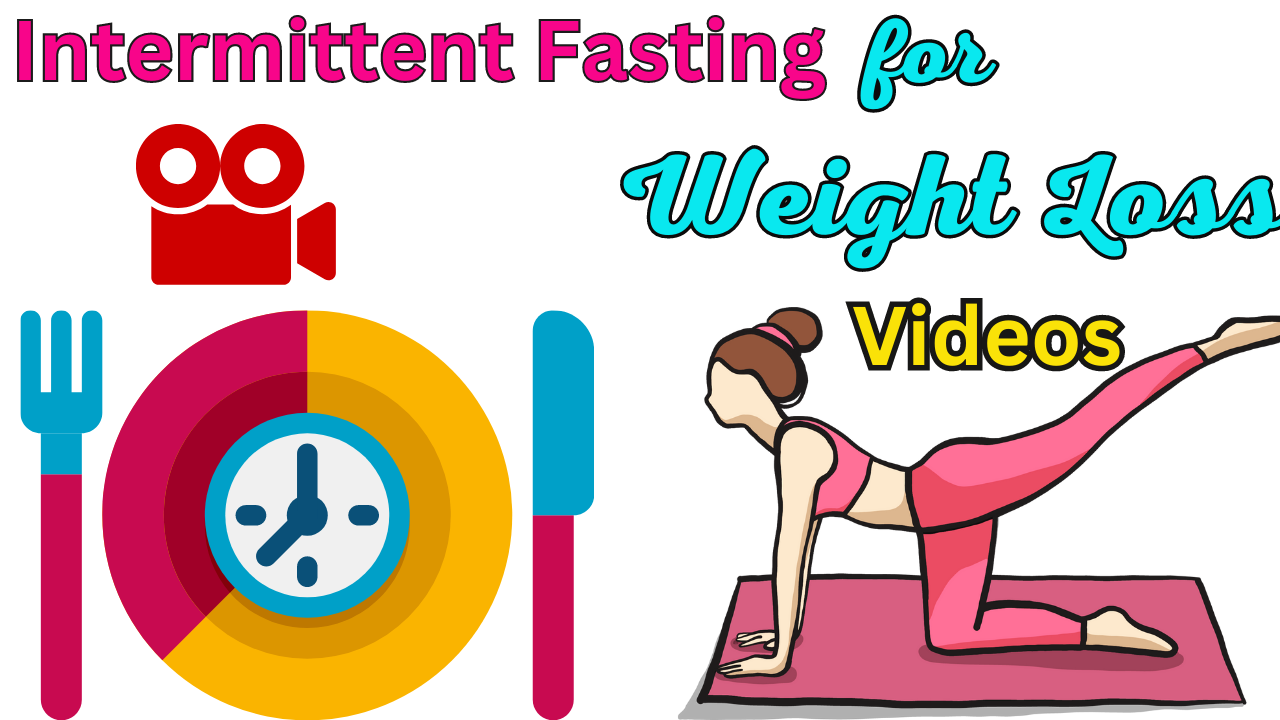Jason Fung, nephrologist and best-selling author, shares his experiences utilising an individualised approach to fasting to successfully treat thousands of overweight, metabolically ill and diabetic patients and why being a doctor who specialises in kidney disease gives him a unique insight into early indications of metabolic disease. Let’s listen to Dr. Jason Fung.
Dr. Fung’s focus on Diabetes and Obesity
Well, I’m a kidney specialist and the most important cause of kidney disease, by far really, is type 2 diabetes. So, when you look at treating type 2 diabetes, really, you have to take care of the obesity part of the equation because that’s really the most important part. So if you don’t treat it then everything else downstream doesn’t really get improved. So you can give medications but if you’re not taking care of the real problem, which is the weight problem, then the diabetes just continues to get worse. If the diabetes gets worse than the kidney disease gets worse. So you really have to trace it back from kidney disease all the way back to the type 2 diabetes back to the obesity and that’s really where you have to treat it. The thing about obesity is that we focus on, I think, the wrong issues, which is calories. We’ve been kind of brainwashed into believing that calories, too many calories, is what causes obesity and therefore you just need to cut some calories and you’ll lose weight. The trouble with that kind of thinking is that we’ve all done it and it doesn’t work. So if that doesn’t work and you don’t get the obesity problem solved then you can’t solve the problems down the line.
The Disease-Pill problem
Medical training, that kind of conventional medical training through medical school and residency, really does not focus on it at all and I think that the standard teaching has us kind of in a sort of a 19th century medicine mode. What I mean is that if you look back at the diseases of the 19th and early 20th century what you’re dealing with there are a lot of diseases where there’s kind of infectious disease or there’s a problem and you take a medication and things get better. The problem, as we go into the 21st century, is that all our diseases are not that they’re not acute diseases or they’re not strep throat or some kind of bad flesh-eating bug or something like that, those still exist, but major problems are chronic diseases. We haven’t really been taught our mindset and medicine is really kind of “Here is the disease. Here is the pill to prescribe.” Yours kind of stuck in that mode. The problem is that a lot of the diseases that we deal with now obesity type 2 diabetes which leads to heart attacks and strokes and cancer and kidney disease and blindness and amputations. They’re all linked to type 2 diabetes and obesity, which are really dietary diseases. So what we’re doing is that we are using drugs to treat a dietary disease and then wondering why our treatments are so ineffective, which is stunning because you look at the rise and the epidemic of obesity and type 2 diabetes and you have to wonder, “Wow! You know we’re so smart, like humankind, we’re so smart.” We couldn’t put people on the moon, you know, we have these great computer technology and so on. If you look at computer technology, now compared to 1960, well it’s so much more advanced. We have much more genetic tools.
But why is it that we simply have not been able to make a dent right? We have used all our human ingenuity, looked at this problem of obesity and declared that it’s all about calories. Nothing we do makes a difference because our paradigm, our whole premise of understanding the disease, is completely wrong. We assume it’s all about calories which is incorrect and we assume that the disease of type 2 diabetes falls into this kind of mode of “Here is the disease. Here is the pill that you need to give to treat it.” That’s not the case. The disease is a dietary one. So you need to go back and you need to correct the diet in order for that disease to get better. So because we are stuck in this kind of old mode of thinking, we have let this huge epidemic run kind of underneath our feet. We have kind of let it go.
“Calories isn’t the issue”
Well, here is the thing, right? So calorie is simply a measure of energy and everybody thinks that “Oh, calories are calories.” Right? That is where it gets hot. Calories are calories but that’s not the question. Are all calories equally fattening? That’s the real question right because if you take a calorie, a hundred calories say of a food, your body can do different things with it. Your body can store it as fat or your body can burn it for energy and generate body heat. That is two very different things. The calorie is the same but as soon as you put those calories into your mouth depending on what it is, the instructions to your body as to what to do with them are completely different.
Cookies vs Salmon
For example, if you have a thousand calories that you eat at dinner and you eat a plate of cookies every day for dinner versus you eat a thousand calories composed of kale salad with grilled salmon and olive oil, they are two different things but they’re the same number of calories. Common sense tells you that there’s nothing the same about those two. Okay? If you need to eat the plate of the every day for dinner, you’re gonna get fat. If you eat that salmon salad every day for dinner, you’re probably going to get thin. So it’s not about the calories. There is nothing to do with it, right? The minute you put your cookies into your mouth, the body responds with hormones and eventually tells your body to gain fat. When you eat the salmon, the instructions go into your body not to gain fat and maybe use it for other things like building up protein, building up bone, burning it as body heat giving you more energy to maybe want to go out and run around. The thing is that there is nothing the same. Those calories are not equally fattening. We have pretended for so long that calories are all the same and I think it’s because there is a lot of vested interest in trying to convince that all calories are the same. Therefore, you can eat cookies every day for dinner. It’s simply not true!
Cause of Obesity
The problem of obesity is not a problem of calories. It’s the problem of our body that is storing fat when we actually wanted to burn off that energy, right? So instead of storing body fat we want it to burn so that we have more energy to go out and run, to generate body heat to keep our brain functioning at a high level. So it’s really a distribution of energy problem; not a total calorie problem. That’s the important thing to understand. So then you have to say, “Well, what hormone is it that tells us what to do with our energy? Stored as fat or to burn it?”
Type 1 Diabetes vs Type 2 Diabetes
Well, insulin plays the main role. There are other ones, of course. Cortisol is also a major player but insulin is the main one. So as long as you understand that obesity is, in essence, a hormonal imbalance and not a caloric imbalance then you can focus on the key issue which is “How do I correct that hormonal imbalance?” Yeah, so insulin is a hormone that regulates the blood sugar and essentially that’s the blood glucose into the cells. Type 1 diabetes, so all of that – all of both side 1 and type 2, are characterised by high blood sugars. The reason in type 1 is that they have very low insulin level because the insulin levels are very low the glucose can’t get from the blood into the cells so it stays very high. Inside the cells are starving but outside there’s too much glucose. That is not the case in type 2 diabetes. In type 2 diabetes, you have something called insulin resistance where if there is insulin then the cell, for whatever reason, does not let the the glucose inside. So the blood glucose stays high. Diabetes just refers to the high blood glucose. Type 1 is lack of insulin type 2 is an insulin resistance with actually high insulin not low. That’s the difference! Most people, about 95% of people, have type 2 diabetes. Though, both types are actually going up the type 2 diabetes is the one that’s really going up a lot. It is the one that is seen in older adults. It is the one seen in people who are generally overweight although people with normal weight can also have type 2 diabetes. Type 1 is the one that is classically thought of as presenting in childhood, usually very very skinny. So that’s the difference between the two.
Treating type 2 Diabetes
Well, right now I think our current treatment for type 2 diabetes is almost entirely incorrect. We give people medication to bring down that blood glucose. But we actually don’t do anything for the problem. So the problem is not the high blood glucose. That is just the symptom. The problem is the insulin resistance. Because we have insulin resistance there is high blood glucose. But we treat what we see and not the actual problem. So because of the insulin resistance if we don’t treat it then it continues to get worse. The thing is that a lot of our treatments actually make people continue to gain weight. If the problem is that they weigh too much already and they’re gaining weight because of the treatments we give them it’s not likely that diabetes is going to get better. In fact, it’s going to get worse. That is exactly what we see. So over a period of 10 years or so people will typically go from one medication to two to three to insulin to more insulin to more insulin. So all that time the diabetes has never gotten better. It has only gotten worse. They tell you it is because that’s the way the diabetes works. It just gets worse. It’s like age, right? You can only can get older. That is actually not true at all!
Type 2 diabetes is actually completely reversible and we have proved it over and over again. In fact, in our hearts we already know that type 2 diabetes is a reversible disease because you can find stories all over the place anywhere. If somebody loses 50 pounds, very often the diabetes will go away. They’ll take themselves off their medications and diabetes will go away! The blood sugars normalise. So we know that weight loss, in many cases, will reverse left type-2 diabetes. So it wasn’t that it’s a chronic and progressive disease. In fact, we focused on the wrong thing. We saw the high blood glucose, this is what I was talking about – that kind of old mentality – “ High blood glucose? Let me give you this pill!” But that’s not the problem. The problem is the obesity. Take care of the obesity and the type 2 diabetes will get better. You go to your doctor and instead of your doctor saying “Okay! We need to, really seriously, make you lose weight!”, what they do is give you a pill instead. Well, because they never took care of the root cause, which is the obesity, you will never get better. The reason they don’t take care of the obesity is because, again, they have this kind of flawed understanding of the cause of obesity. So they have done it so many times. They told people to cut their portions and exercise more. Nobody loses weight. Guess what? Everybody has done it. Nobody loses weight on these sort of diets. They have done it so often that they have given up on trying to get people to lose weight. So they just give a pill.
But once you fix the obesity problem the type-2 diabetes goes away. That is what we do instead. When we see people with type 2 diabetes we say, “Well! Firstly, you don’t need medication. That’s only gonna band-aid the solution. What you need to do is lose weight and this is how you do it. You need to lower your insulin.” In most cases, it’s an insulin problem. If insulin is too high then we need to bring it down. The ways to bring it down are low carbohydrate diets and intermittent fasting. So that’s what we do.







Leave a Reply